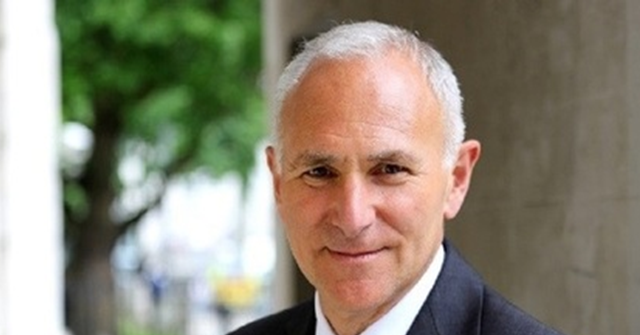Labour’s recent announcement regarding the appointment of David Goldstone CBE as the chairman of the new Office for Value for Money has sparked considerable discussion about the implications of his remuneration package. Set at an eye-watering daily rate of £950, this salary totals an equivalent of £247,000 annually, positioning Goldstone’s earnings higher than that of the Prime Minister. Chancellor Rachel Reeves introduced Goldstone’s role during her Budget announcement, emphasizing the necessity to maximize the benefits derived from public spending. The underlying expectation is that Goldstone’s extensive background as a career accountant will help the government optimize expenditures and reform existing systems.
Goldstone’s remit encompasses providing strategic advice to both the Chancellor and the Chief Secretary to the Treasury, aimed at enhancing financial efficiency and policy effectiveness. His tenure is expected to last for one year, during which Goldstone will focus on identifying savings through comprehensive evaluations of government expenditure. The emphasis is on recalibrating existing financial frameworks to yield better outcomes, reinforcing the government’s commitment to ensuring taxpayer funds are utilized judiciously. Importantly, Goldstone will not serve as a direct employee of the Treasury, indicating a shift towards greater flexibility in engaging external expertise for targeted initiatives.
In response to inquiries about the perceived value of a salary set at £950 per day, Darren Jones, the Chief Secretary to the Treasury, defended Goldstone’s compensation as justified and reasonable. He highlighted the excessive rates inherited from the previous administration, suggesting that this rate is competitive compared to past appointments and reflects a more prudent approach to engaging external advisors. This defense underscores a broader narrative within the government about the necessity of adept financial oversight, framing Goldstone’s role as an essential investment in the future economic sustainability of public projects.
Goldstone brings a wealth of relevant experience to this role, having previously managed significant financial commitments, such as the restoration of the Houses of Parliament and overseeing budgeting for the London 2012 Olympics. His active involvement in high-stakes projects demonstrates a robust understanding of large-scale financial management, which the government hopes will translate into effective advice and strategies within the Office for Value for Money. Additionally, Goldstone’s existing connection to the HS2 board reaffirms his status as a key stakeholder in major public projects, suggesting that he is well-positioned to drive the necessary reforms sought by the Treasury.
The establishment of the Office for Value for Money itself reflects a growing recognition within government circles of the critical need for accountability and transparency in public spending. By concentrating efforts on maximizing the efficacy of financial resources, the initiative aims to bolster public trust in government fiscal management. The tactical approach of employing a seasoned professional such as Goldstone signifies a shift towards more strategic governance, aligning with broader economic challenges that demand innovative solutions to minimize waste.
As Goldstone embarks on this new assignment, the effectiveness of his role will undoubtedly be scrutinized against the backdrop of a continuously evolving fiscal landscape. The success of the Office for Value for Money will hinge on its ability to deliver concrete savings and demonstrate tangible improvements in policy outcomes. The government’s commitment to reforming public spending will face its ultimate test in how effectively this newly appointed tsar can turn objectives into actionable results, thereby ensuring that taxpayer investment yields meaningful benefits.

